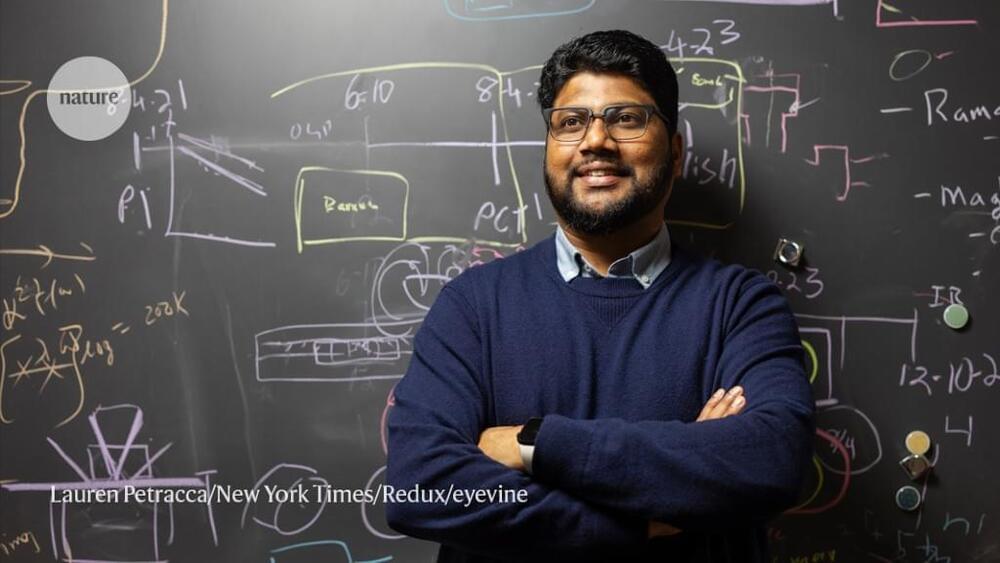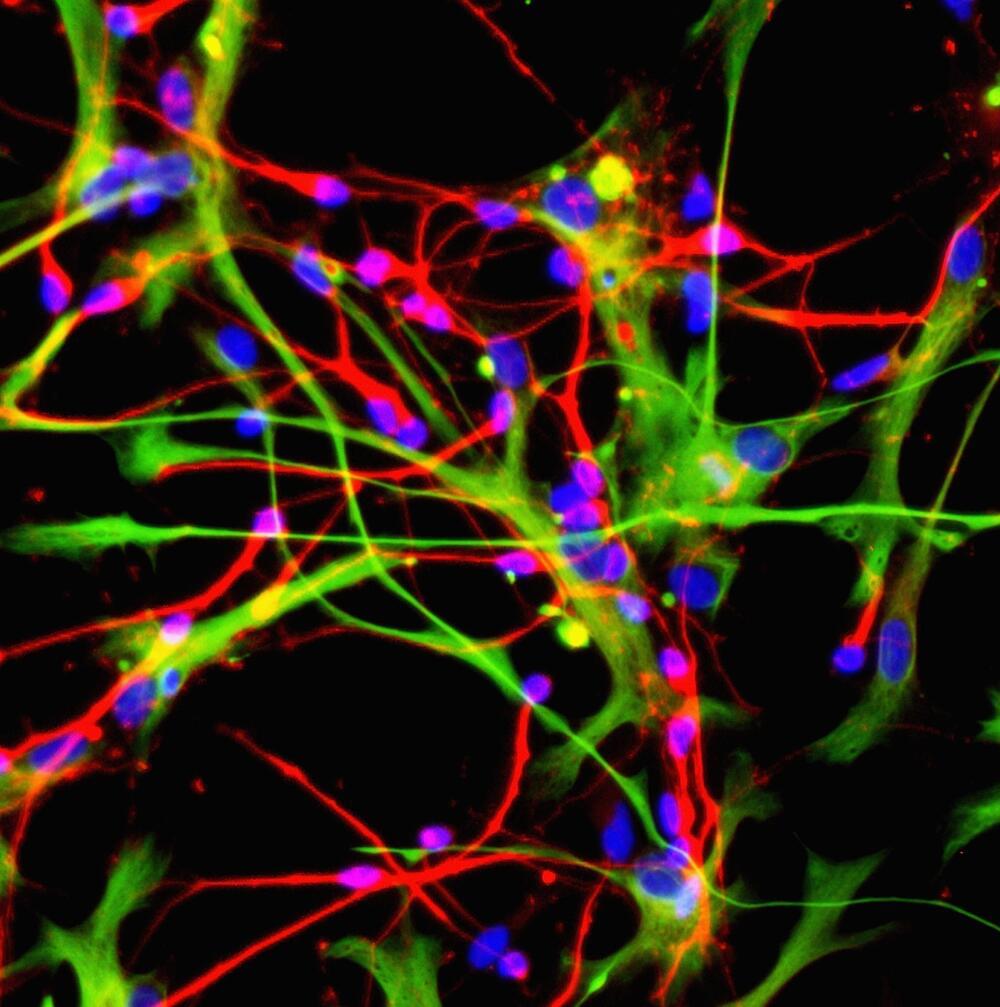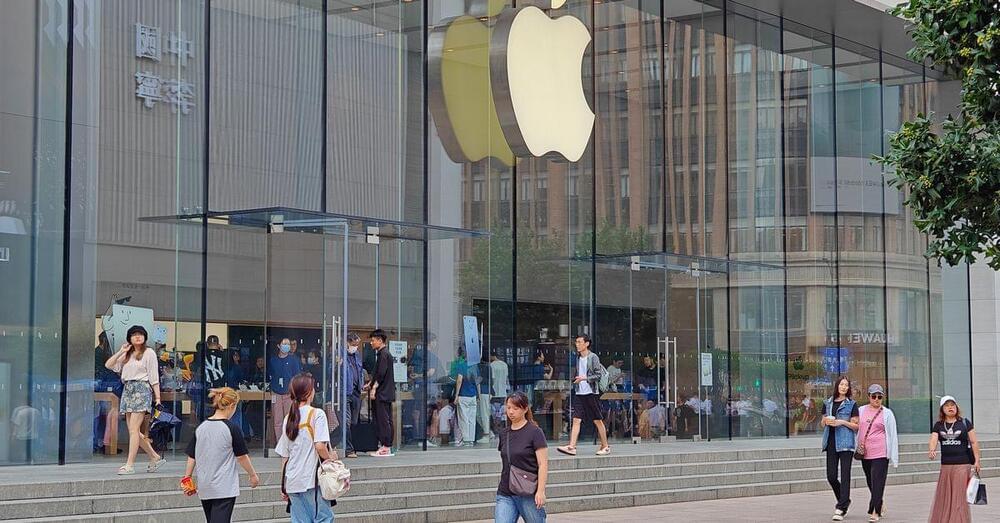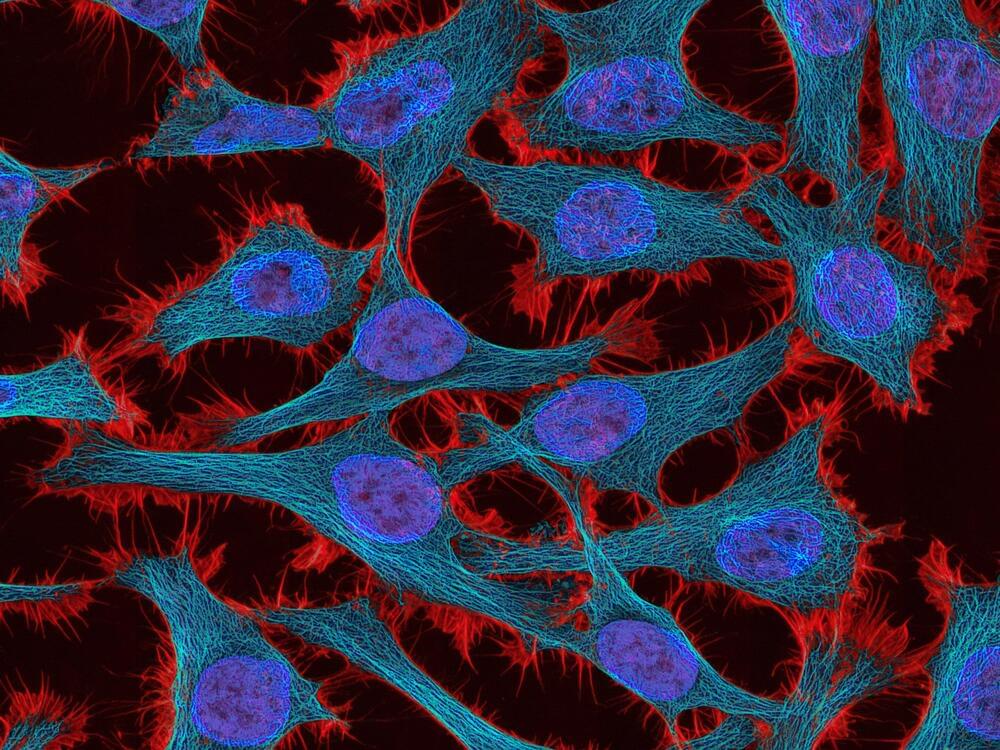Dias didn’t disappoint. He and his colleagues had created a material — lutetium mixed with nitrogen and hydrogen, or LuNH — that was a superconductor at room temperature, he announced.
That claim, which the scientists published in Nature the next day1, would have been historic — if true. Superconductors conduct electricity with zero resistance, meaning that no energy is lost as heat. But they usually work only at very low temperatures, well below −100 °C, so need expensive refrigeration. This limits their use to niche applications, such as magnetic resonance imaging scans and quantum computing. A superconducting material that needs no cooling could potentially transform electricity generation and transmission, transportation and a slew of other applications.
Dias’s claim was remarkable not only for the material’s balmy operating temperature of 21 °C (294 K), but also because it required comparatively modest pressures. Other teams working with hydrogen compounds, called hydrides, have observed superconductivity at high temperatures, but had to squeeze their samples to hundreds of gigapascals (GPa) — millions of times more than atmospheric pressure. Dias, by contrast, said that his hydride needed just 1 GPa (10,000 times atmospheric pressure): still impractical for real-world applications, but a striking advance. A patent application for LuNH, released in April, goes further, claiming superconductivity at room temperature and pressure.






